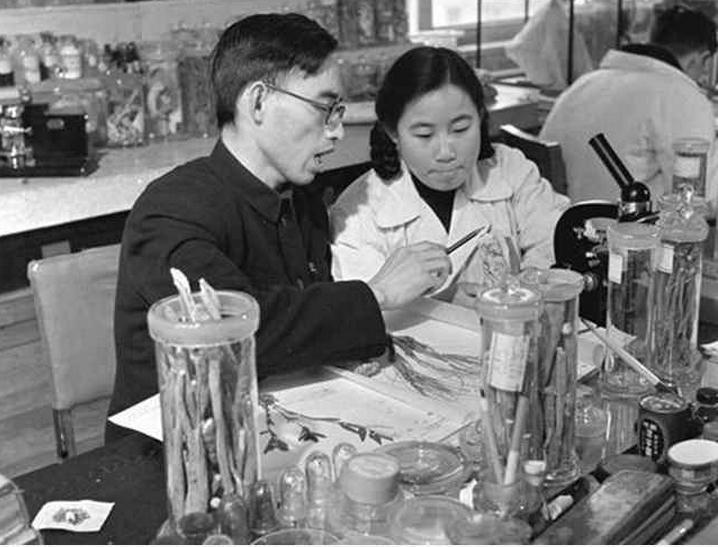|
By Dr Lidiya Angelova-Duleva
When you think of a Nobel Prize winner in biomedical science, you may imagine someone from a famous institute or university working in a big flashy laboratory full of PhD students and postdocs with the newest laboratory equipment. However, this is not the case for Tu Youyou, who was recently awarded the 2015 Nobel Prize in Physiology and Medicine.
Born in Ningbo, Zhejiang Province, China, Tu studied pharmacy for four years at Beijing Medical College and was then accepted into the Institute of Materia Medica at the Academy of Traditional Chinese Medicine. Her interests in the properties of the traditional herbal remedies stemmed from her childhood, due to the fact that her parents were often using plants to treat a variety of diseases. This educational background landed her the role that changed her future and gave her a unique insight into discovering a remedy that would go on to help millions of people affected by malaria.
In the late 60s, as a scientist well-versed in both traditional Chinese and Western medicine, she was asked to lead a project that aimed to reduce mortality caused by malaria. Tu and her team tested hundreds of herbal extracts and their work resulted in finding artemisinin, the most effective anti-malarial drug in use today. The drug was isolated from Artemisia annua commonly known as sweet wormwood. The idea was taken from an ancient Chinese book. Tu and her team needed some time to figure out how to extract and purify the active substance, which is known now as artemisinin. When the drug was discovered, the clinical trials weren’t possible and so she and a handful of her coworkers volunteered as the first test subjects. Artemisinin and its derivatives are the most effective drugs against all parasite stages of malaria’, don’t cause severe side effects and are effective against chloroquine-resistant malaria parasites. Despite the successful discovery, her work wasn’t published until the late 70s and even after that, she was relatively unknown even among the malaria researchers. Still, Tu pushed on with her research and at 84 years of age is still a professor at the China Academy of Traditional Chinese Medicine. Before receiving the Nobel Prize, she advised malaria researches to keep “fighting for the healthcare of all humans.” Her Nobel Prize finally sheds light on an unusual but incredible scientific career and achievements. -- References: https://www.nobelprize.org/nobel_prizes/medicine/laureates/2015/press.html https://www.newscientist.com/article/mg21228382-000-the-modest-woman-who-beat-malaria-for-china/ http://www.nature.com/nm/journal/v17/n10/full/nm.2471.html http://www.jci.org/articles/view/60887 http://www.malariaconsortium.org/pages/112.htm About the Author
Lidiya’s curiosity about “how the life works” led her to complete a Master’s degree in Biology and a PhD in Microbiology. Science gave her more questions than answers and after a few years as a postdoc at the National Institute of Health in Rockville, MD, USA, she decided to pursue her “first” love in writing. Not long after that, she became a mom of a wonderful girl, who is a very energetic toddler now. She loves to travel and has lived in many countries; she is still looking for a place to settle down. Lidiya is thrilled to be a part of the Scientista bloggers team, and loves being able to connect with lots of wonderful young, and already established female scientists, while writing about science, life and everything else.
Comments? Leave them below!
0 Comments
Your comment will be posted after it is approved.
Leave a Reply. |
Archives
July 2022
CategoriesAll Amy Massack BiWeekly Roundup Danae Dodge Gabrielle-Ann Torre Indulekha Karunakaran Jeesoo Sohn Lauren Koenig Lidiya Angelova Melissa Bendayan Microsoft Molly Connell Nektaria Riso Nicole Hellessey Physics Poornima Peiris Robbin Koenig Sadaf Atarod Sarah Smith Shreya Challa Vijendra Agarwal Women In STEM Yolanda Lannquist |
The Network for Pre-Professional Women in Science and Engineering
The Scientista Foundation is a registered 501(c)(3) -- Donate!


 RSS Feed
RSS Feed